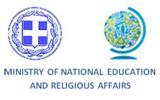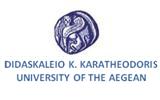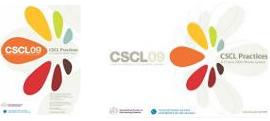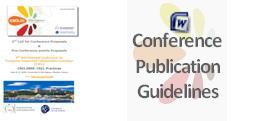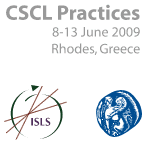
Program
Keynote speakers
CSCL2009 Conference will be honored by the following Keynote Speakers:
![]() Prof. Charles Goodwin, University of California at Los Angeles, USA
Prof. Charles Goodwin, University of California at Los Angeles, USA
![]() Prof. Pierre Dillenbourg, Swiss Federal Institute of Technology in Lausanne, Switzerland
Prof. Pierre Dillenbourg, Swiss Federal Institute of Technology in Lausanne, Switzerland
![]() Prof. Rose Luckin, London Knowledge Lab, Institute of Education in London, UK
Prof. Rose Luckin, London Knowledge Lab, Institute of Education in London, UK
Prof. Charles Goodwin, University of California at Los Angeles, USA
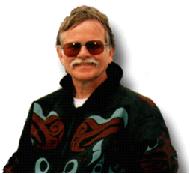
Charles Goodwin is Professor of Applied Linguistics at UCLA. He received his Ph.D. from the Annenberg School of Communications, University of Pennsylvania, 1977. His interests include video analysis of talk-in-interaction (including study of the discursive practices used by hearers and speakers to construct utterances, stories, and other forms of talk), grammar in context, cognition in the lived social world, gesture, gaze and embodiment as interactively organized social practices, aphasia in discourse, language in the professions and the ethnography of science.
Prof. Goodwin has done fieldwork analyzing family interaction in the United States, the work of oceanographers in the mouth of the Amazon, archaeologists in the United States and Argentina, and the organization of talk, vision and embodied action in the midst of surgery. He investigated cognition and talk-in-interaction in a complex work setting (ground operations at a major airport). He has analyzed the interaction of children in the playground, and interaction in the home of a man with severe aphasia. He participated in an intensive cross-disciplinary project investigating the daily lives of middle class, two wage earner families in Los Angeles. Publications include Conversational Organization: Interaction Between Speakers and Hearers (NY: Academic Press, 1977), Rethinking Context: Language as an Interactive Phenomenon (edited with A. Duranti, Cambridge University Press, 1992), Conversation and Brain Damage (Oxford University Press 2002) ‘Professional Vision’ American Anthropologist 1994, ‘Co-constructing Meaning in Conversations with a Man with Severe Aphasia’ Research on Language in Social Interaction 1995; ‘Seeing in Depth’ Social Studies of Science 1995; ‘Transparent Vision’ In E. Ochs, E. A. Schegloff, & S. Thompson (Eds.), Interaction and Grammar 1996, Cambridge University Press, ‘Practices of Color Classification’ Mind, Culture and Activity 1999, ‘Action and Embodiment within Situated Human Interaction’ Journal of Pragmatics 1999, Il Senso del Vedere: Pratiche Sociali della Significazione, Melterri Editore (2003).
[http://www.sscnet.ucla.edu/clic/cgoodwin]
Keynote talk: "Calibrating Bodies and Cognition Through Interactive Practice in a Meaningful Environment"
Using as data videotapes of archaeologists working to see and map structure in the dirt they are excavating, meaning-making in the home of a man with severe aphasia, and sequences of actual talk-in-interaction, this talk will investigate action, cognition, language use and things as phenomena constituted through actual agent-object inter-action. Rather than viewing cognition as an abstract process lodged entirely within the mental life of sentient beings, language as a nonmaterial process situated within the psychological life of the individual, and things as mute, unmoving objects, this presentation will focus on the mutual constitution of actors, things, and communities within the ongoing organization of situated language use and dynamically unfolding activities. From such a perspective cognition emerges as a consequential and practical issue, for example as a part of the process through which both the world that is the focus a community’s scrutiny, and other actors, are known in just the ways that allow the work of the community to be accomplished. It will be argued that both cognition and action emerge through the systematic transformation of environments that contain a range of structurally different kinds of resources that mutually interact with each other.
.
.
.
.
.
.
.
.
